Russia crisis: how much have sanctions hurt Moscow?
Analysts estimate sanctions have cost Russia $140bn this year and Moscow's ultra-rich $51.4bn
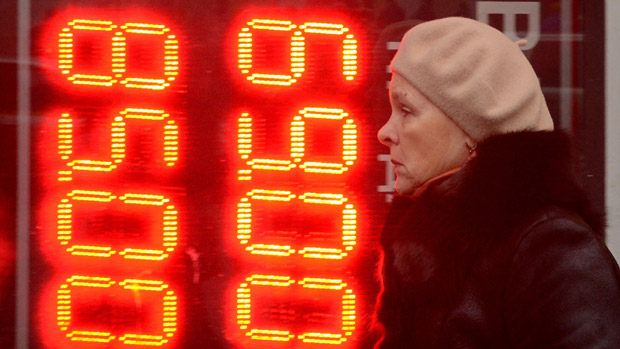
A free daily email with the biggest news stories of the day – and the best features from TheWeek.com
You are now subscribed
Your newsletter sign-up was successful
The Russian economy moved closer to the brink yesterday after "shock and awe" action by the central bank, which raised interest rates to 17 per cent, failed to stem the decline of the Russian rouble.
Today's announcement that the finance ministry would start selling off foreign currency reserves in order to boost the value of the rouble had some effect, but not enough to end the crisis.
"The situation is critical," the central bank's vice-chairman, Sergei Shvetsov said. "What is happening is a nightmare that we could not even have imagined a year ago."
The Week
Escape your echo chamber. Get the facts behind the news, plus analysis from multiple perspectives.

Sign up for The Week's Free Newsletters
From our morning news briefing to a weekly Good News Newsletter, get the best of The Week delivered directly to your inbox.
From our morning news briefing to a weekly Good News Newsletter, get the best of The Week delivered directly to your inbox.
Tough Western sanctions and falling oil prices have cost the Russian economy $140bn (£89.2bn) this year, the country's finance minister Anton Siluanov said at an international financial and economic forum in Moscow last month. But how has Western action affected Russia?
What sanctions have been imposed?
Since Russia's annexation of Crimea, the EU and US have gradually ratcheted up sanctions on Moscow, by blacklisting Russian officials and firms accused of undermining Ukraine's independence.
On 12 September, the EU announced measures to target Russia's state finances, as well as its arms and energy sectors, the BBC reports. The measures have made it hard for companies to trade with the West or secure dollar or European funding.
A free daily email with the biggest news stories of the day – and the best features from TheWeek.com
Individuals in Russian president Vladimir Putin's inner circle have also been targeted with Western asset freezes and travel bans.
Some of the companies targeted by US sanctions include Russia's biggest bank Sberbank, as well as Gazprombank and Vnesheconombank. Commodity giants Rosneft and Novatek and the defence conglomerate Rostec have also been affected.
Are the sanctions working?
Sanctions alone have not directly brought about Russia's economic woes, but they have made the country more susceptible to other economic blows, a spokesman for David Cameron told the Daily Telegraph.
"Russia has made itself more vulnerable to economic shocks that major oil producers may face as a result of fluctuations in the oil price, as a result of the relative isolation through sanctions that it has faced because of events in Ukraine."
According to Bloomberg, Russian billionaires have also lost $51.4bn (£32.6bn) this year. Sanctions, in conjunction with the decline of the rouble mean that of the 15 Russian billionaires profiled by Bloomberg only one, Oleg Deripaska, has become wealthier in 2014.
What does Russia say?
Russia's Foreign Minister Sergei Lavrov told France 24 that the sanctions would only serve to strengthen the country's resolve.
"Russia will not only survive but will come out much stronger," he said. "We have been in much worse situations in our history and every time we have got out of our fix much stronger."
Lavrov expressed his contempt for Western-imposed sanctions but insisted they would not damage Russia in the long run.
"Of course sanctions hurt, but I don't believe the sanctions will help the European Union. The United States ordered the EU to impose sanctions and frankly we have overestimated the independence of the European Union [from the US]."
He added: "Sanctions are a sign of irritation, they are not the instrument of serious policies," he added.
When will the sanctions be lifted?
The White House has said it does not intend to ease sanctions to help Russia stem its economic freefall. "It is president Vladimir Putin's decision to make. The aim is to sharpen the choice that he faces," a spokesperson said.
-
 The ‘ravenous’ demand for Cornish minerals
The ‘ravenous’ demand for Cornish mineralsUnder the Radar Growing need for critical minerals to power tech has intensified ‘appetite’ for lithium, which could be a ‘huge boon’ for local economy
-
 Why are election experts taking Trump’s midterm threats seriously?
Why are election experts taking Trump’s midterm threats seriously?IN THE SPOTLIGHT As the president muses about polling place deployments and a centralized electoral system aimed at one-party control, lawmakers are taking this administration at its word
-
 ‘Restaurateurs have become millionaires’
‘Restaurateurs have become millionaires’Instant Opinion Opinion, comment and editorials of the day
-
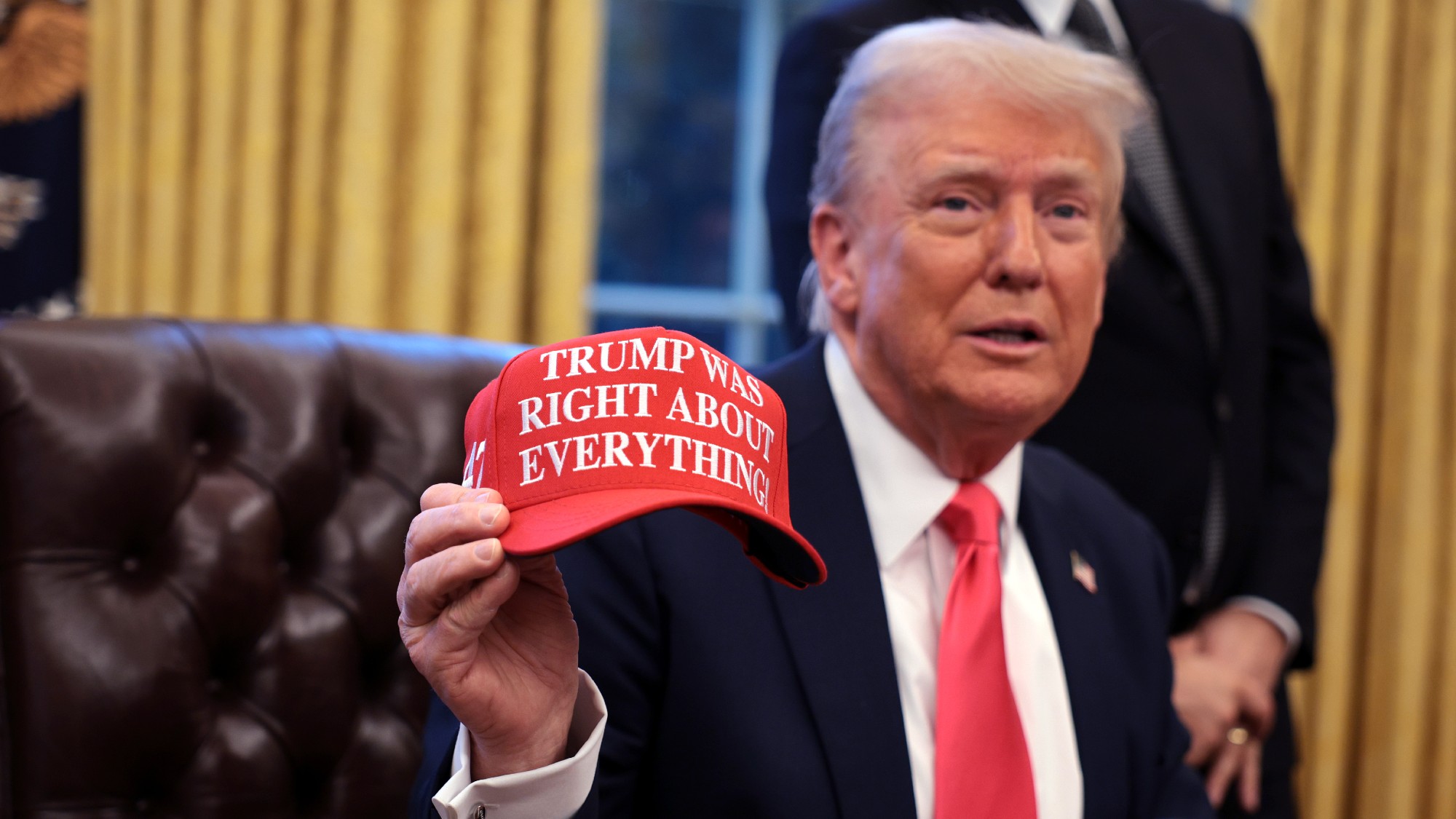 Is Trump's tariffs plan working?
Is Trump's tariffs plan working?Today's Big Question Trump has touted 'victories', but inflation is the 'elephant in the room'
-
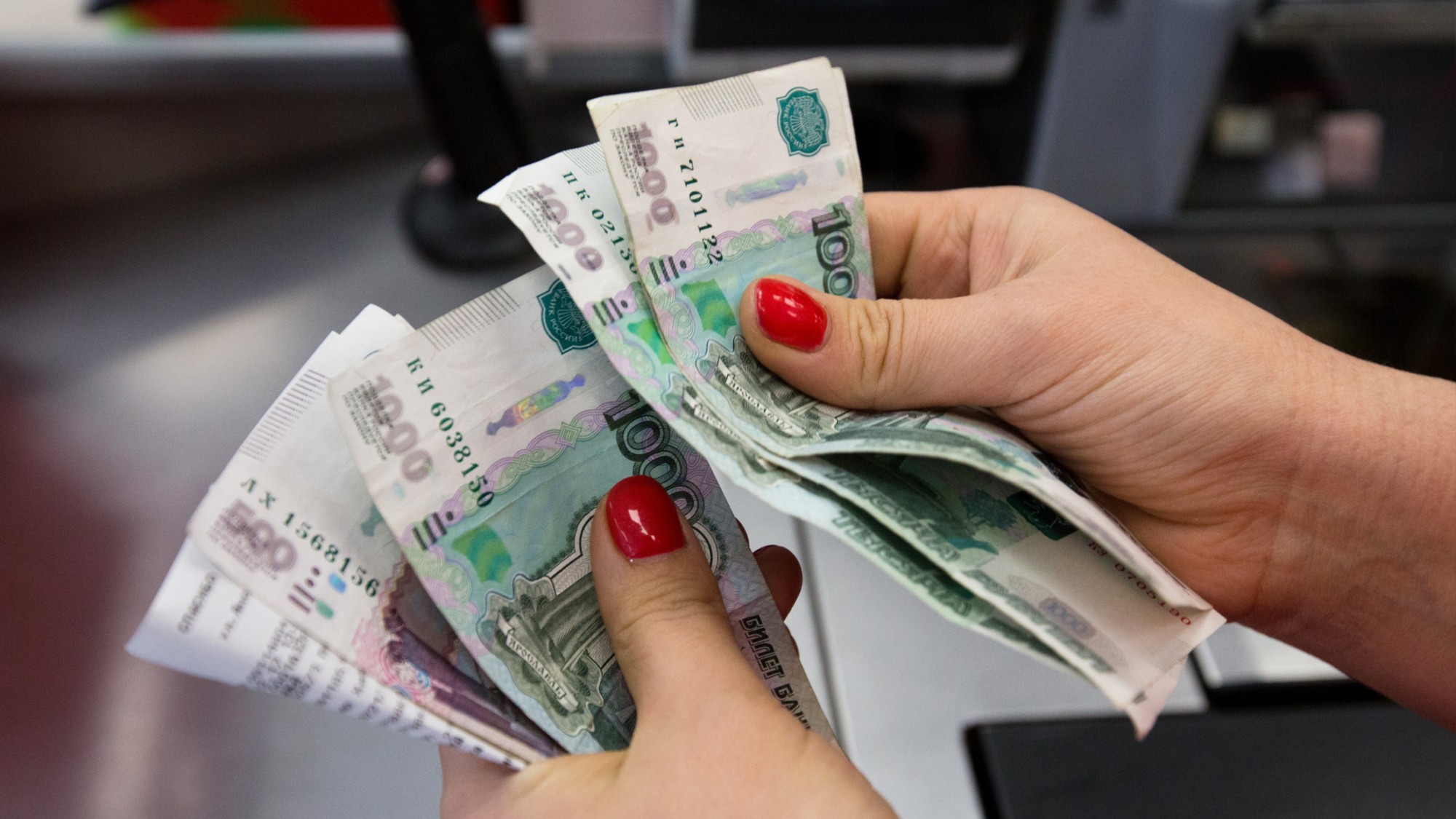 Why has the Russian ruble performed so well this year?
Why has the Russian ruble performed so well this year?Today's Big Question Despite economic malaise, Russia's currency is up 45% on the year
-
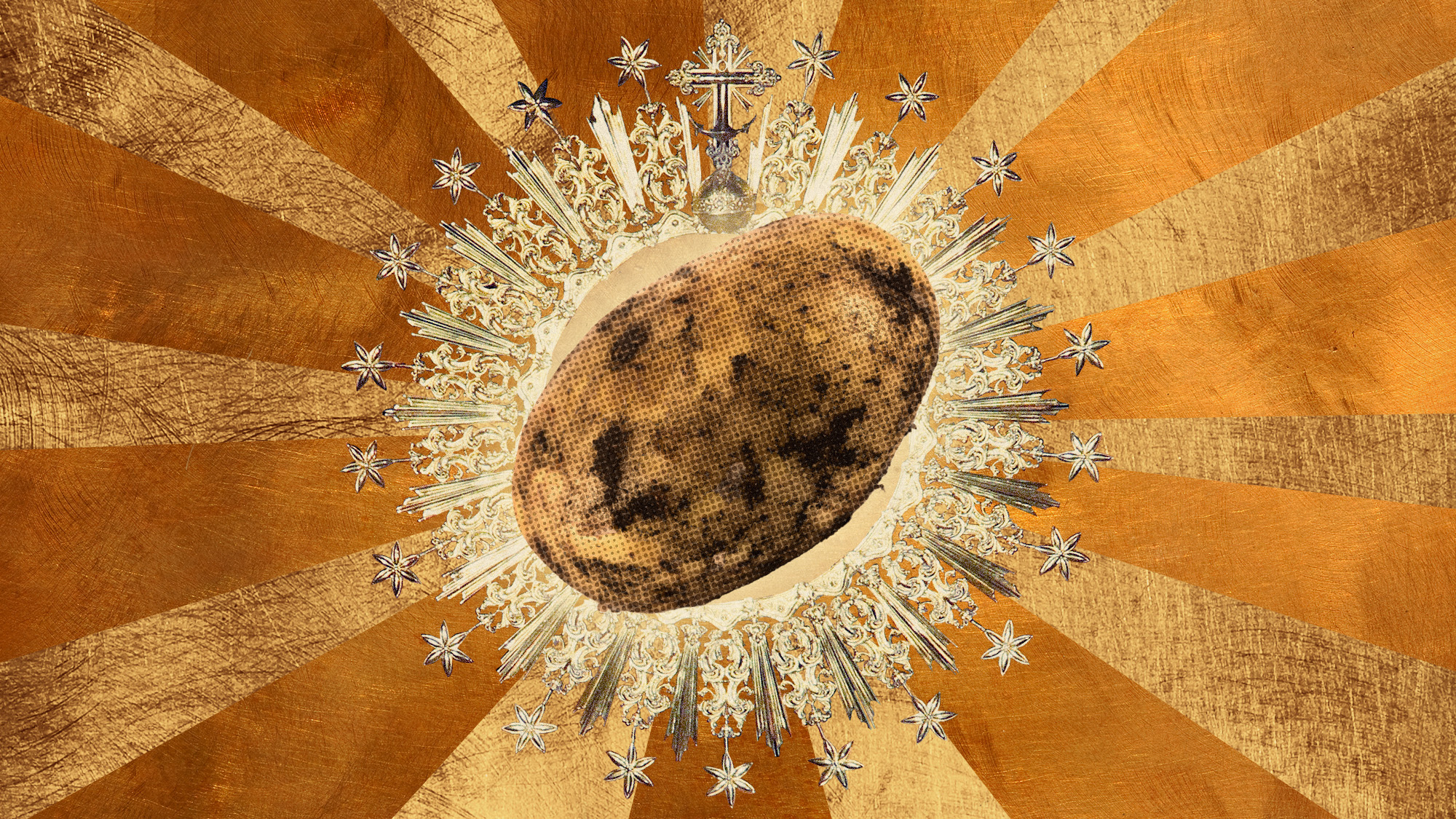 How potatoes became an 'unusual bellwether' in Russia's economy
How potatoes became an 'unusual bellwether' in Russia's economyUnder The Radar Spud shortages are pointing to a wider crisis in the nation's finances
-
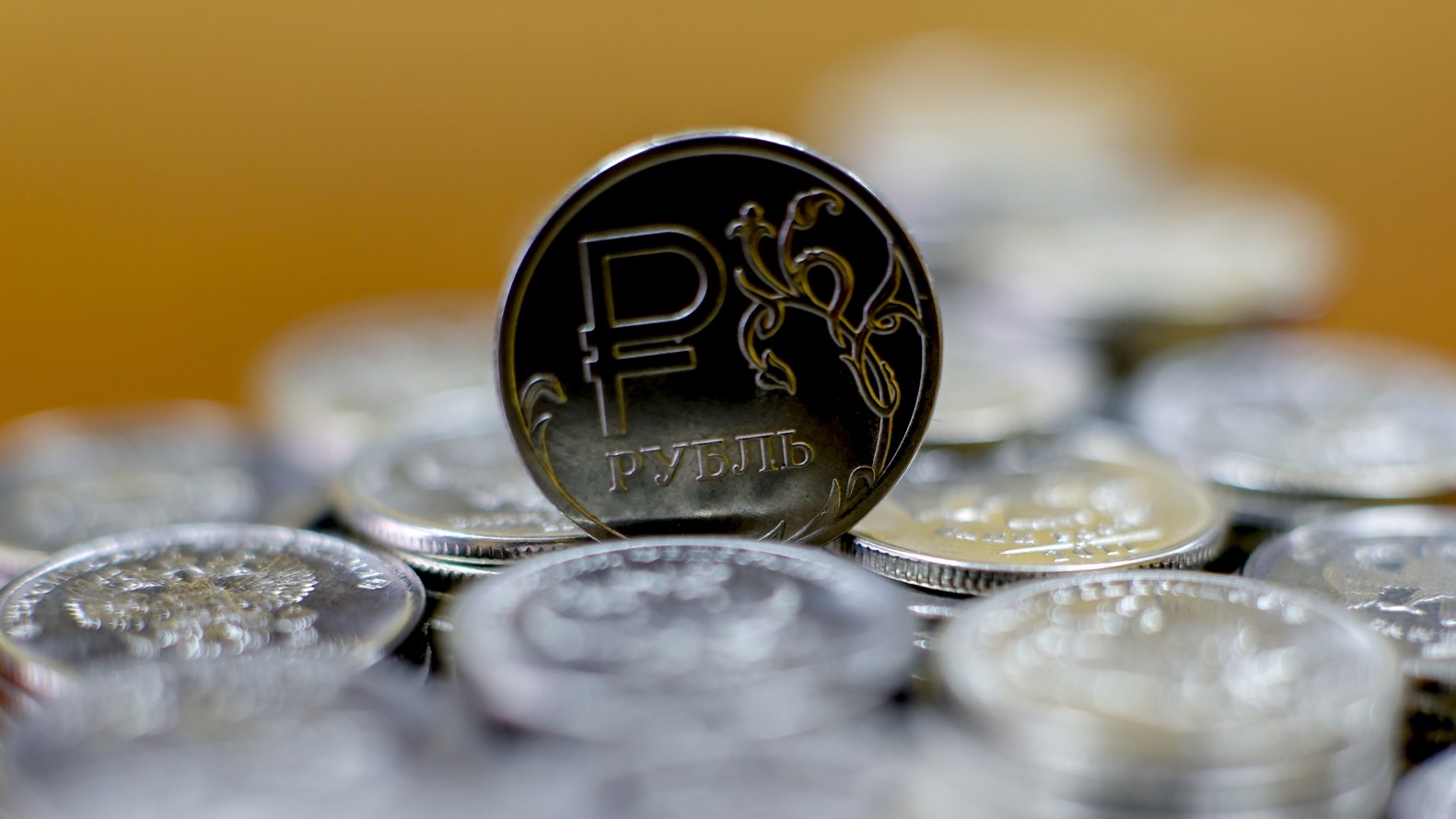 Russia's currency crisis as sanctions bite
Russia's currency crisis as sanctions biteThe Explainer Rouble plunges to lowest rate against dollar since invasion of Ukraine as economic toll finally begins to be felt
-
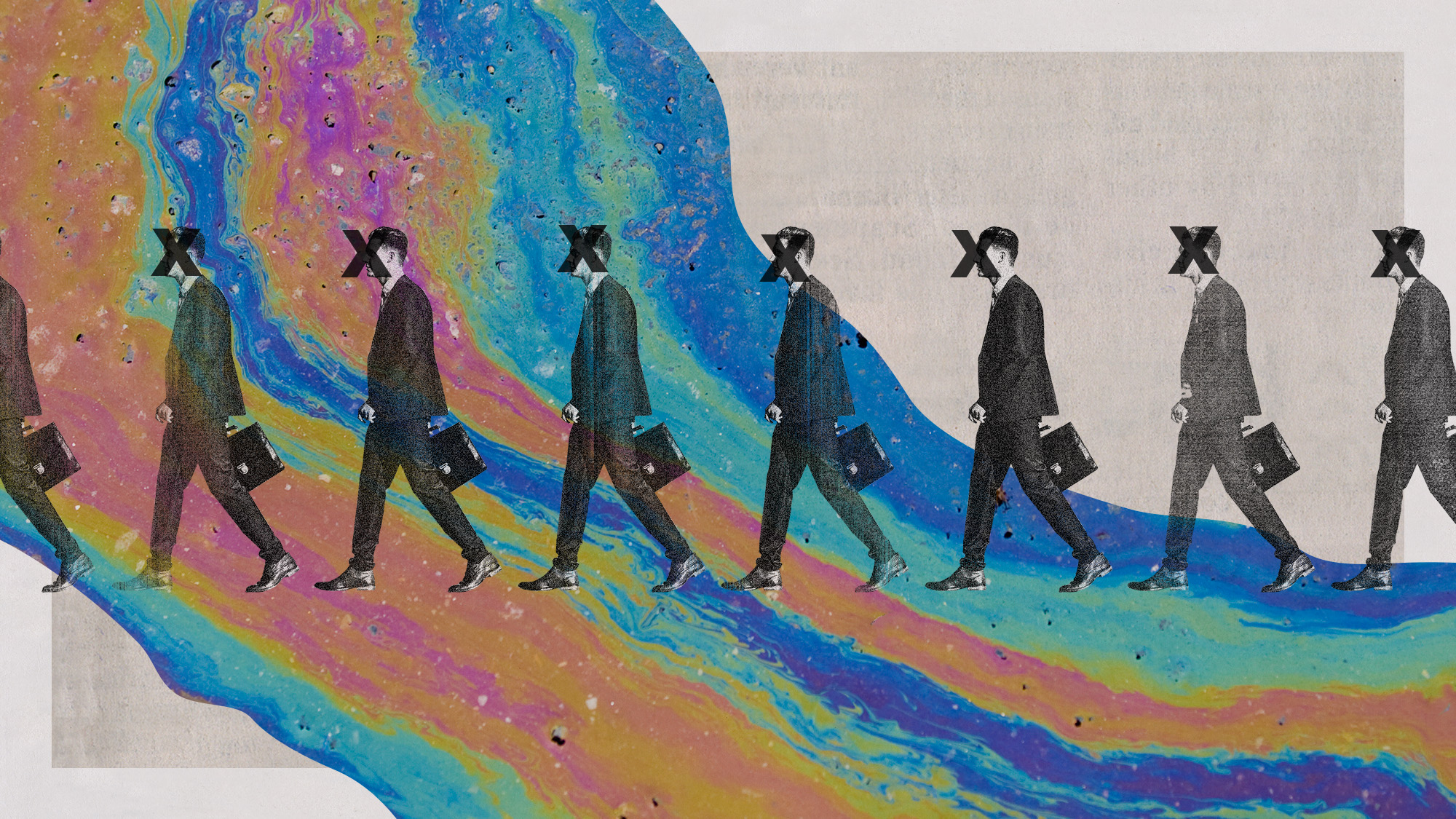 Why do Russian oil bosses keep dying?
Why do Russian oil bosses keep dying?Under the Radar There have been 'at least 50' mysterious deaths of energy company executives since Putin ordered Ukraine invasion
-
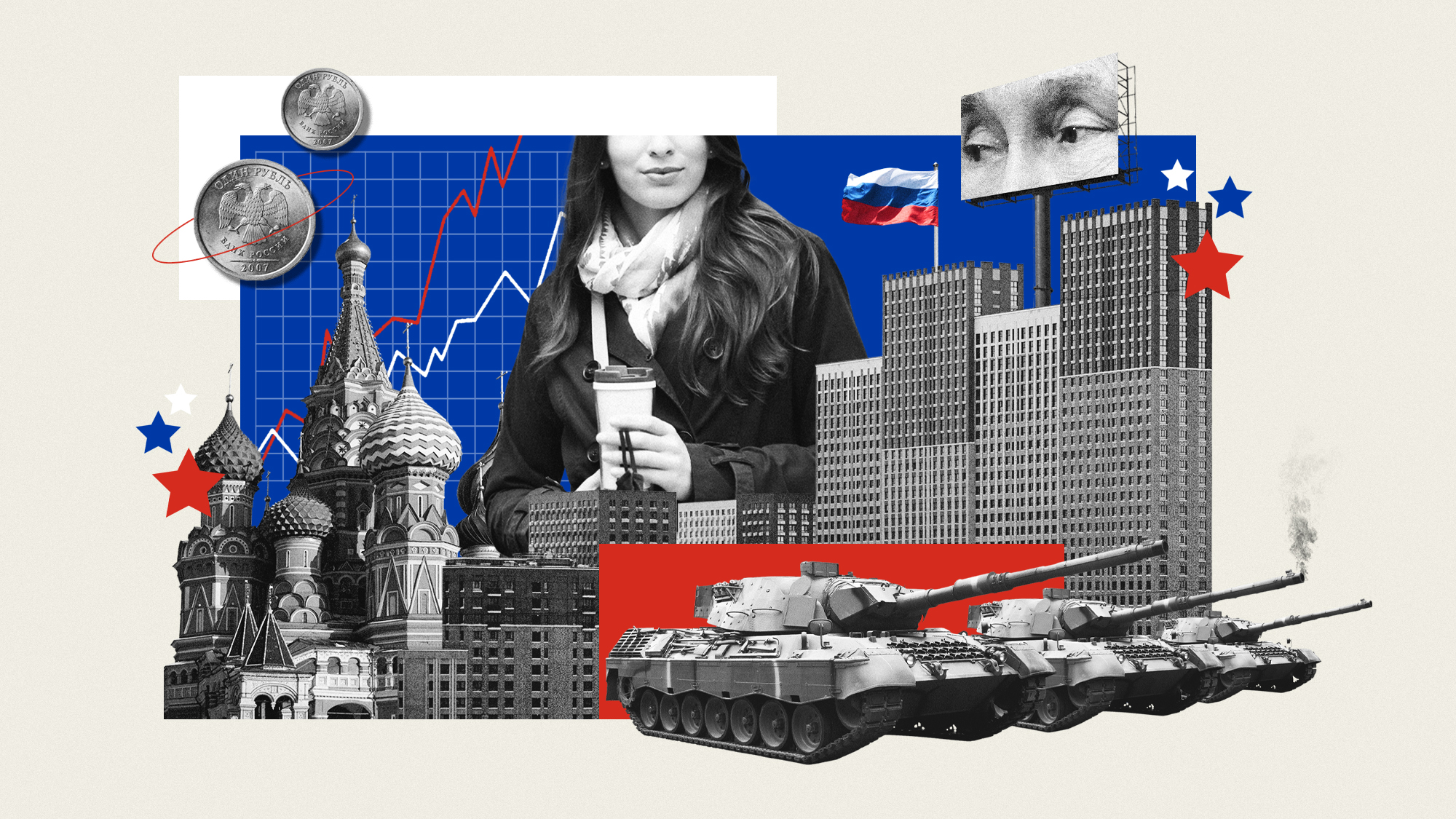 Has life in Russia regressed since the Ukraine invasion?
Has life in Russia regressed since the Ukraine invasion?Today's big question The 'war economy' has defied Western sanctions as ordinary citizens rally round the regime
-
 Has Saudi Arabia lost control of oil prices?
Has Saudi Arabia lost control of oil prices?Today's Big Question Kingdom goes it alone to cut production, risking tension with US and reigniting cooling inflation in Europe
-
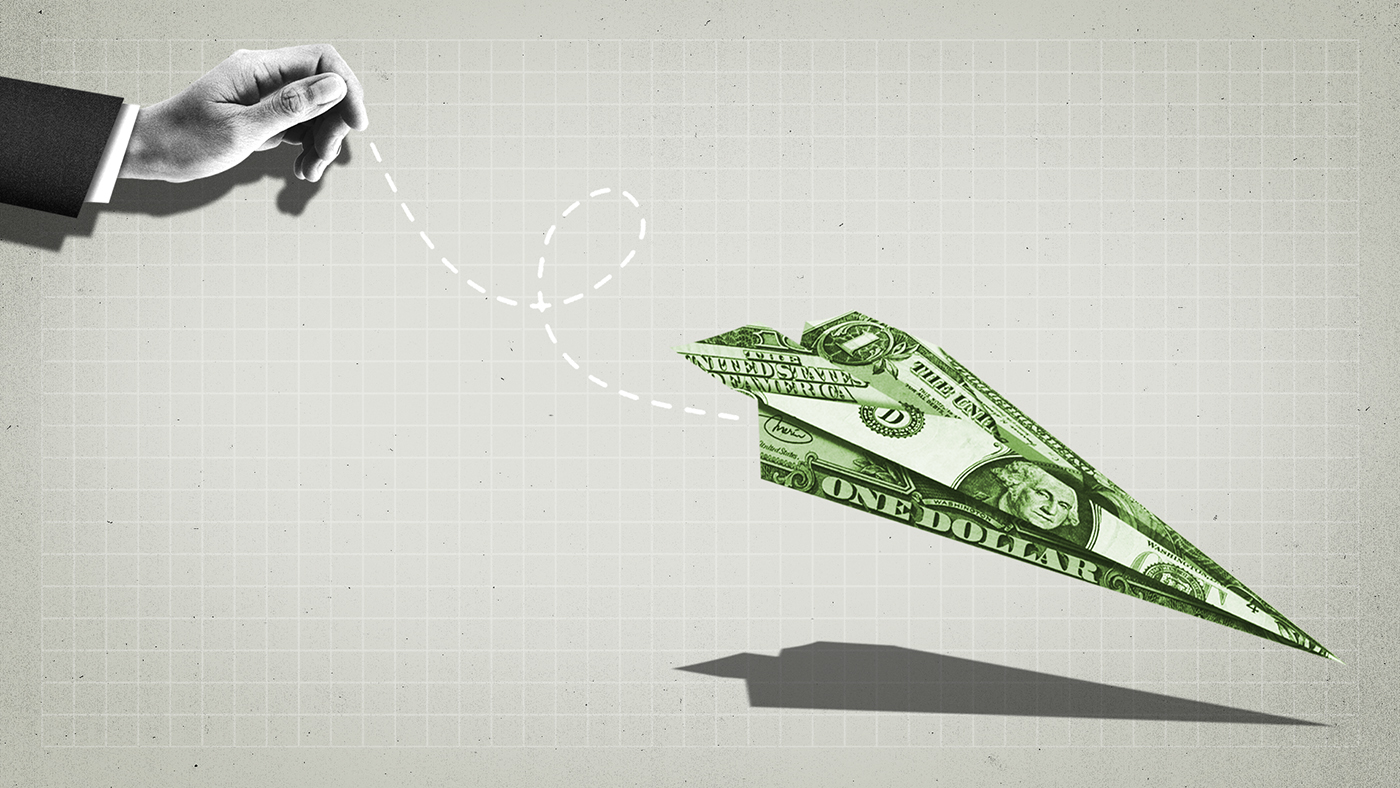 De-dollarisation: why are countries looking to ditch US currency?
De-dollarisation: why are countries looking to ditch US currency?Today's Big Question Move away from USD has accelerated following invasion of Ukraine